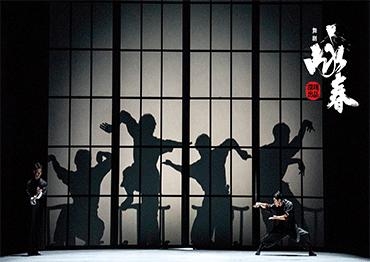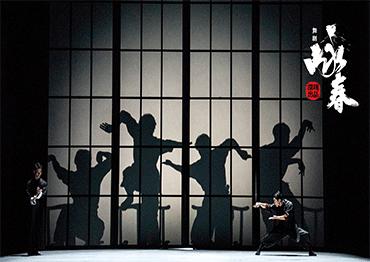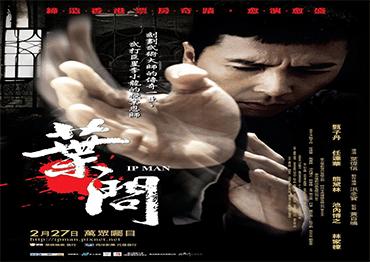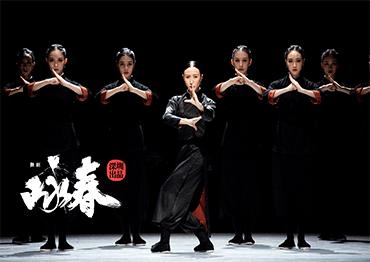Originating in Foshan, Guangdong Province during the Qing Dynasty (1644-1911), wing chun is one of the youngest and most contemporary styles of Chinese kung fu, dating back approximately 300 years. A hallmark of southern Chinese martial arts, it emphasizes close-quarters combat, rapid strikes and efficiency.
It is widely believed to have been founded by the Buddhist nun Ng Mui. Compared with other kung fu styles, wing chun is comparatively soft and subtle, making it better suited to female practitioners.
There are at least eight major lineages of wing chun, with the Ip Man lineage the most renowned.
Born in 1893 into a wealthy family in Foshan, Ip Man studied wing chun under masters Chan Wah-shun and Leung Bik. In 1916, at the age of 24, he became a police officer for the Republic of China (1911-1949) government while also teaching wing chun privately to colleagues, friends and relatives.
After migrating to Hong Kong in 1949, he established Wing Chun Hall, where he spent over two decades refining and promoting the art. Many of his students went on to become masters in their own right, the most famous being Bruce Lee, who revolutionized martial arts cinema.
Ip Man believed that moral integrity was the foundation of martial arts. He held that one should cultivate virtue before mastering kung fu, valuing righteousness and honor above physical prowess. A man of gentleness and humility, he became a revered figure among Chinese martial artists.
Wing Chun is the latest production co-directed and choreographed by Han Zhen and Zhou Liya, known as the “twin stars of Chinese dance drama.” The duo has created a series of critically acclaimed performances that blend history, culture and contemporary artistry.
Before Wing Chun, Han and Zhou co-produced two highly successful dance dramas. In 2018, The Eternal Wave mesmerized audiences with its portrayal of Communist Party of China intelligence agent Li Bai and his wife Qiu Lanfen, who risked their lives for 12 years transmitting secret messages via radio from 1937 to 1949. In 2021, they followed up with A Tapestry of a Legendary Land, a visually stunning dance-poetry drama inspired by A Panorama of Rivers and Mountains, an art masterpiece from the Northern Song Dynasty (960-1127).
The Wing Chun project began in 2019. To gain a deeper understanding of its cultural roots, Han and Zhou conducted extensive field research in Guangdong, exploring the traditions of Lingnan culture. Also known as Cantonese culture, Lingnan culture encompasses Guangdong, Hainan Province and Guangxi Zhuang Autonomous Region. Over the centuries, Cantonese migrants carried their traditions to Hong Kong, Macao and overseas Chinese communities, making Lingnan culture an influential part of global Chinese heritage.
Han told NewsChina that Ip Man and the philosophy of wing chun embody the spirit of Lingnan culture. During production, she and Zhou reflected on the relevance of traditional martial arts in today’s world. They incorporated traditional wing chun maxims into the show, such as diligence, perseverance, humility and righteousness.
For Han, these principles reflect core values of Chinese culture. Bridging tradition and modernity through wing chun, the show brings the wisdom of the past into the contemporary world.

 Old Version
Old Version



